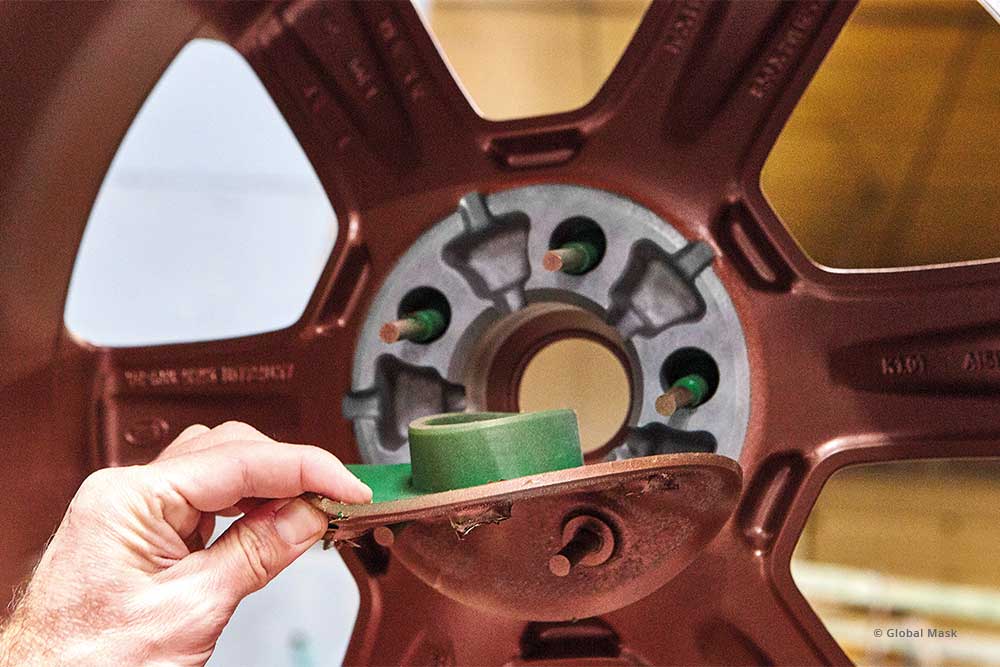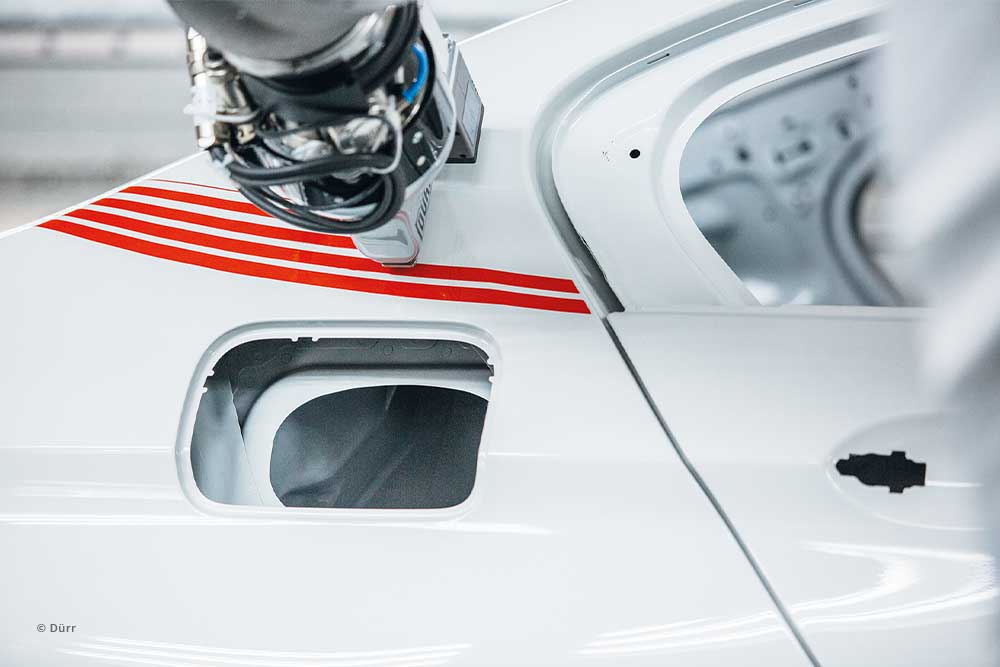In the industrial surface treatment sector, masking plays an important role in protecting any areas of manufactured products that do not need to be treated. In this article, we look at what masking is, the types of masking products available, and the new technological frontiers in this field.
What is masking and why is it important
Masking is an operation aimed at protecting a surface before treating it. Various masking products, in particular plugs, tubes, and tapes, can be applied to all those areas (be they flat surfaces, holes, or pins) that do not need to be treated due to aesthetic or functional reasons.

Masking takes place before any surface treatment phase, from powder, liquid, or dip coating to galvanic and anodising treatments.
Types of masking products
To mask flat surfaces, tapes of various thicknesses are generally used, which are available in a variety of colours. The most appropriate tape is chosen according to the type of surface treatment performed and the operating temperature reached.
Various types of plugs (washer, flange, conical, bolt, metric, cylindrical, etc.) are used for masking holes. Plugs are also generally available in various sizes and they must be selected according to end use.
Finally, caps or tubes are used for masking pins. Tubes, in particular, can be cut and adapted to the part to be covered.
Characteristics of masking products
Being used during surface treatment operations, masking products must be resistant to high temperatures, usually up to 300 °C, and adapt perfectly to the components to which they are to be applied. This is why the leading manufacturers of masking systems, in addition to standard products, also offer a customisation service for the creation of tailor-made products.
Generally, plugs, caps, and tubes are made of silicone, EPDM, neoprene, or rubber and they can be reused several times. Tapes are usually made of fibreglass, silicone, paper, PVC, or polyester.
New frontiers
Masking operations are as important as they are time-consuming. Technological developments are therefore increasingly geared towards offering solutions to avoid having to mask any surface at all, wherever possible.
One of the sectors where this type of innovation has been most successful is the automotive industry, where a special robot now enables to paint car roofs in contrasting colours without masking them. This technology has since spread across other industries, such as woodworking, shipbuilding, and electronics manufacturing.

Learn more and stay up-to-date with the latest news from the surface treatment industry by subscribing to the free digital version of our technical magazines.